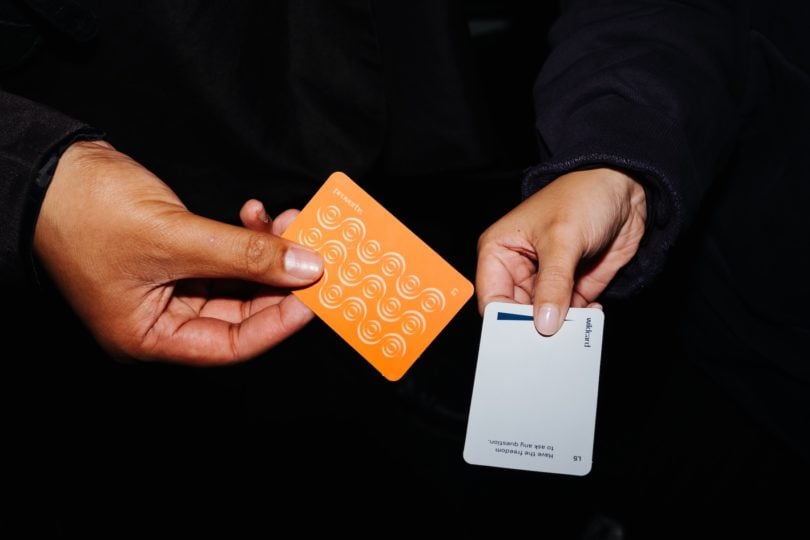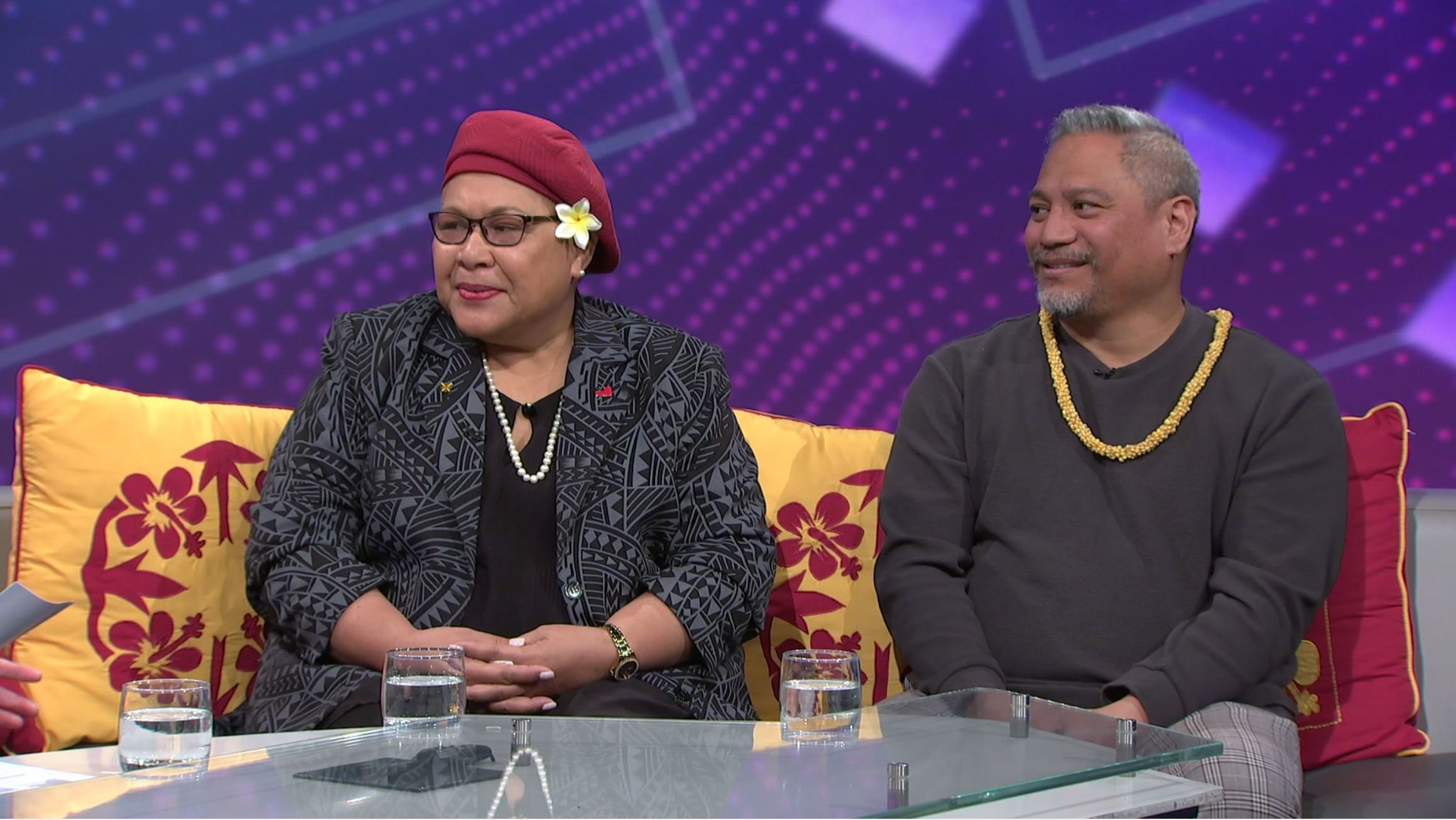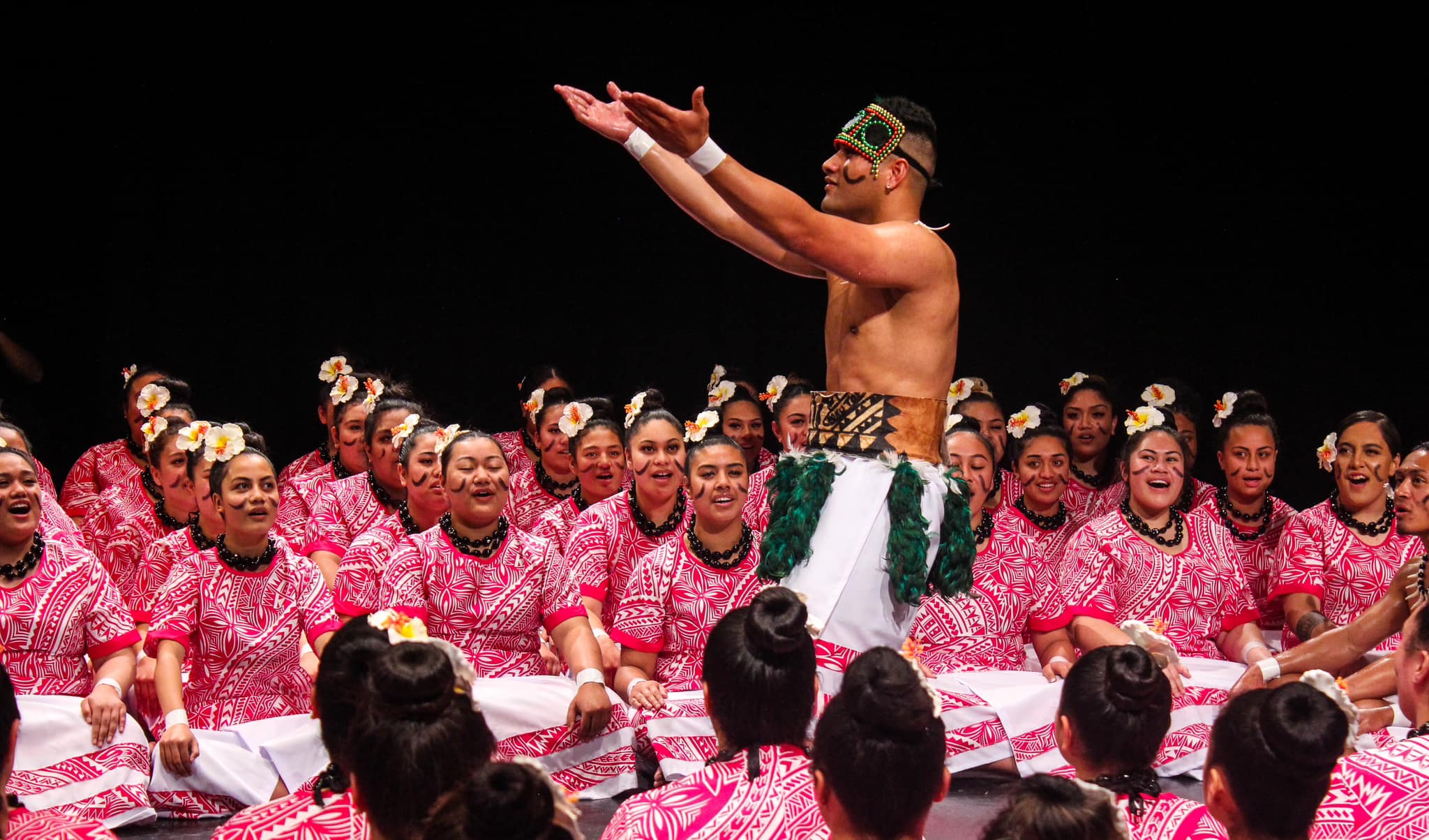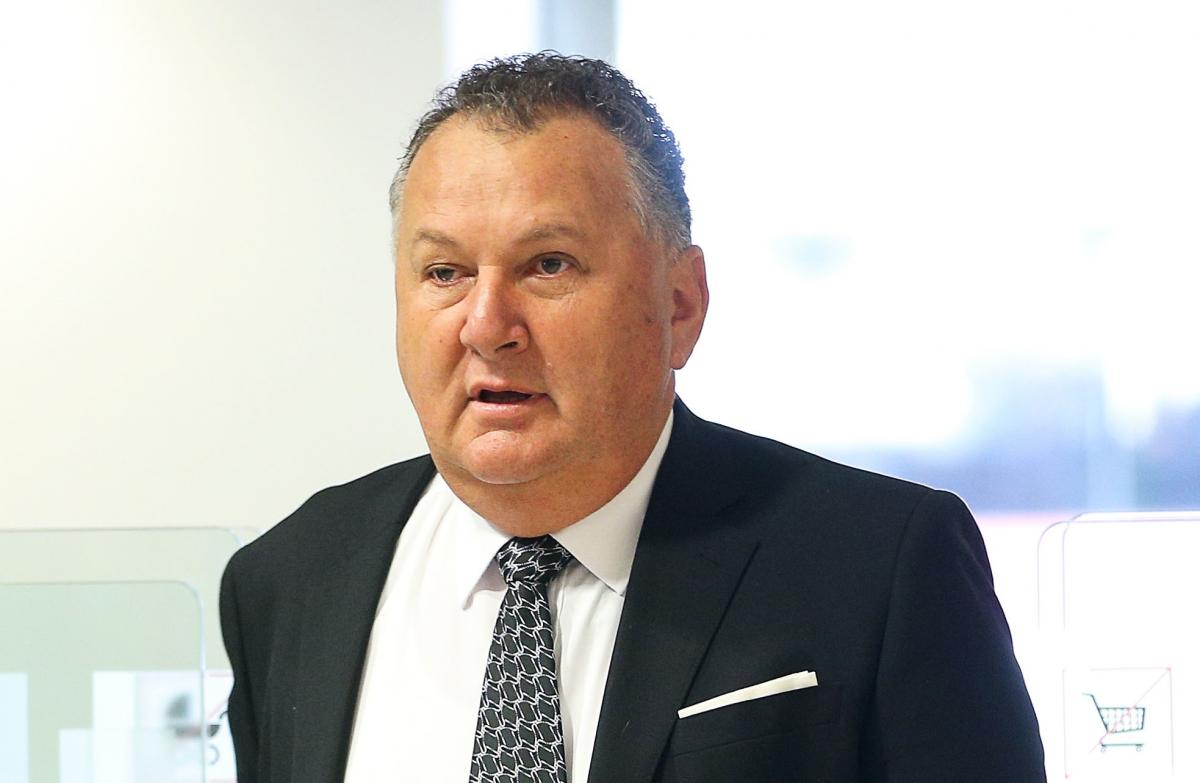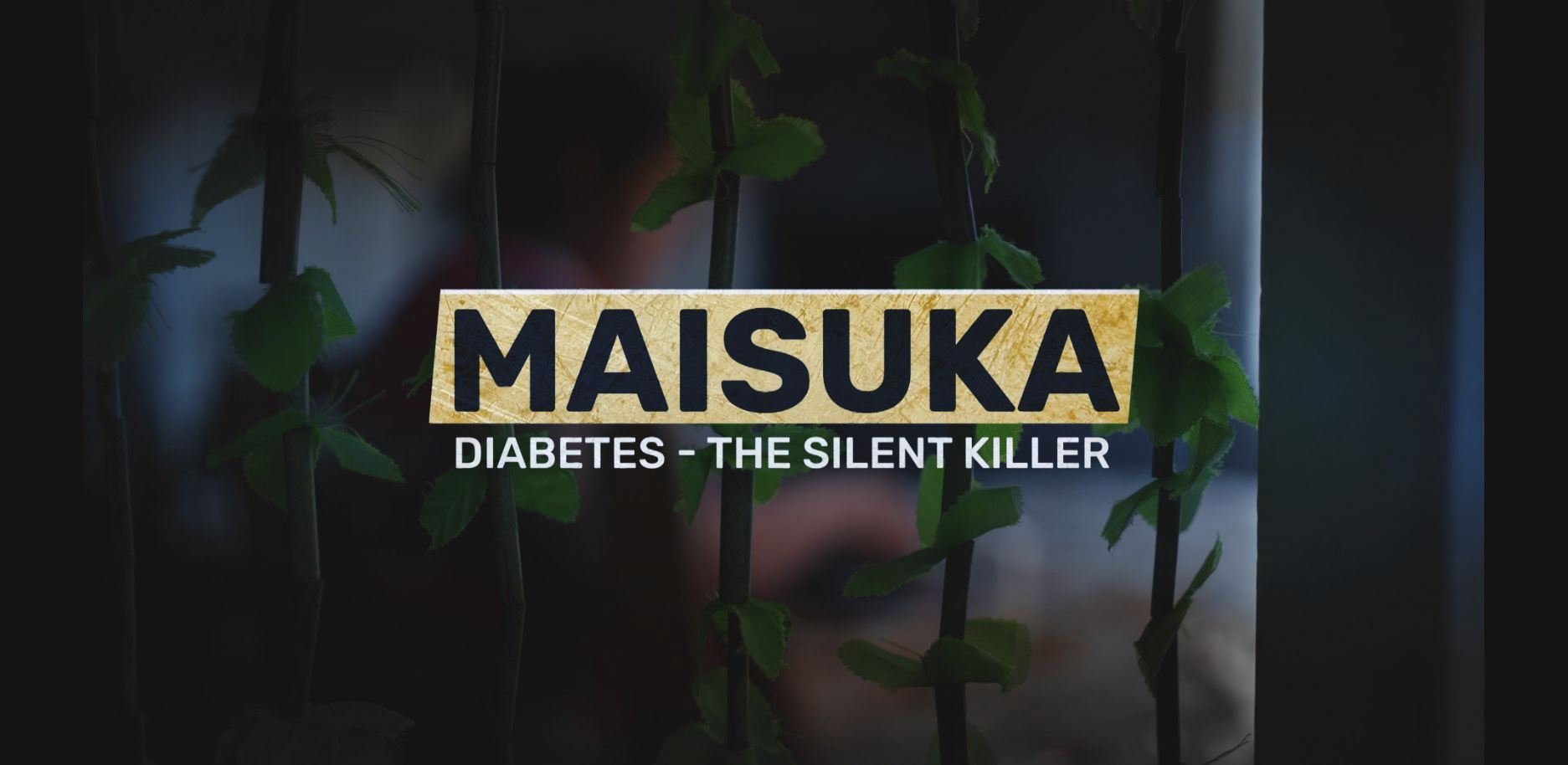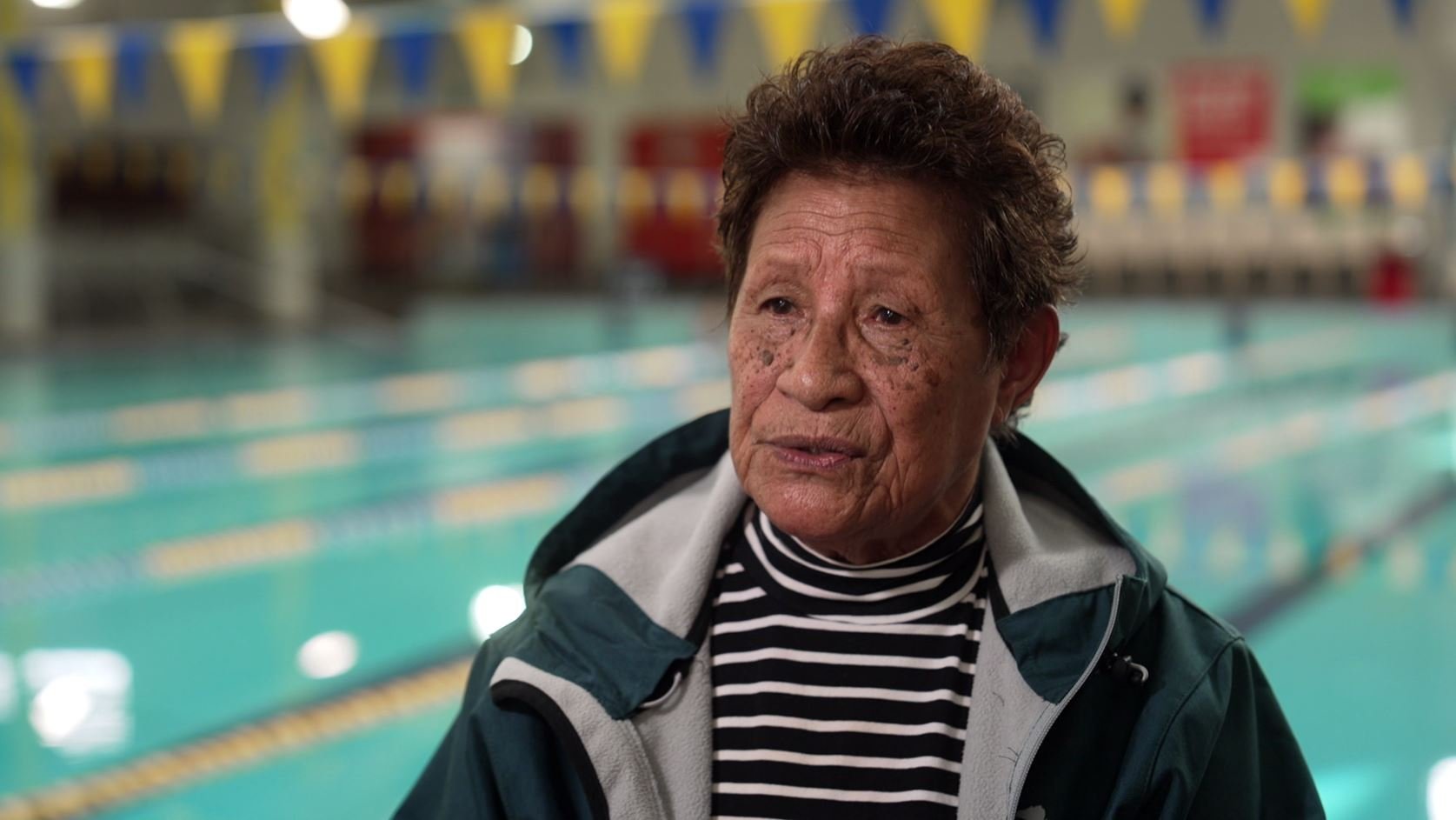Public Interest Journalism funded through NZ On Air
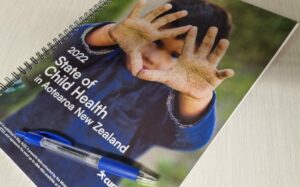
A panel of health experts who specialise in research around child, youth and mental health shared their insights earlier this week in Auckland after the release of the Cure Kids’ third State of Child Health in Aotearoa New Zealand report.
Four major classes of health issues which impact the lives of infants, children, and young people in Aotearoa were analysed, including respiratory conditions, rheumatic fever, skin infections and mental health.
Public health physician, Health Research Council Fellow and researcher at the University of Auckland, Dr. Sainimere Boladuadua, says it’s an embarrassment in terms of the high rates of Rheumatic Fever and Rheumatic Heart Disease rates that exist not only in New Zealand and the Pacific.
“We’ve been hearing this for a few years, for decades it’s unacceptable. It’s unfair particularly because it affects who it affects, which is our Māori and Pacific tamariki.”

The report analyses the most up-to-date national data, from 2000 to the end of 2021, which show the growing inequity in child health in New Zealand; Māori children, Pasifika children, and children living in areas with greatest socioeconomic deprivation are disproportionately affected.
Dr. Boladuadua says the findings from the report are an opportunity to do things differently when it comes to working with different communities who already have initiatives in place to deal with issues around Rheumatic Disease.
Dr. Boladuadua agrees with her fellow panellists that preventative measures around housing, access to care and improving awareness of conditions and diseases within the community must be addressed.
“Increasing the knowledge of these diseases but also when they come into our health system, having our workers ready to be able then to have it front of mind for when they are diagnosing so they don’t miss the diagnosis.
“For when Māori and Pacific aged 5-20 yrs come in to see the GP and they have a sore throat that should be front of mind, take a swap and check for symptoms in relation to Rheumatic Fever,” adds Dr. Boladuadua
Professor Stuart Dalziel Cure Kids Chair for Child Health research says another important preventative measure is immunisation.
“Quite frankly our immunisation rates in this country currently are quite appalling. Two thirds of six and 18 month old children have received their immunisations on time. If you look at Māori tamariki that figure is less than 50 percent, those rates should be 95% in order to get protection for all tamariki.”
Cure Kids CEO Frances Soutter says the report identifies a number of concerning trends in child health.
“New Zealand continues to face significant challenges in the area of child health, with many children suffering from preventable illnesses and health conditions. Not only have rates of hospital admissions remained unacceptably high over two decades, but the burden of disease is inequitable.”
The report found:
Respiratory conditions
● Respiratory conditions are responsible for about a third of all acute hospitalisations for children
● Three quarters of these hospitalisations for respiratory conditions are for preschool children
● Rates of disease are inequitable: rates of hospitalisations for respiratory conditions are twice as high for children who live with serious socioeconomic deprivation
● Bronchiectasis, which is irreversible damage to the lungs, caused by respiratory infections and inflammation, is six times higher for children who live with serious socioeconomic deprivation
● The hospitalisation rate for respiratory conditions in children has continued to increase since 2000, despite temporary reductions due to pandemic-response measures.
Acute rheumatic fever and rheumatic heart disease (RHD)
● Between 2017 and 2021, Pasifika children were over 100 times more likely to be hospitalised with rheumatic fever than children of European or other ethnicities, while Māori children were 40 times more likely.
Mental health
● Hospitalisations for young people with serious mental health concerns almost doubled over the past two decades, while in the last 10 years, psychological distress among young people rose from 5% to almost 25%.
Skin infections
● The rate of hospitalisation for Pasifika children with skin infections is three times higher than that for children of European or other ethnicities, and for Māori children it is almost twice as high.
The report cites several key contributing factors, including high rates of child poverty, unhealthy housing conditions, inadequate access to healthcare services in some areas, a lack of funding for vital research into childhood diseases, and complex social pressures affecting mental health.













